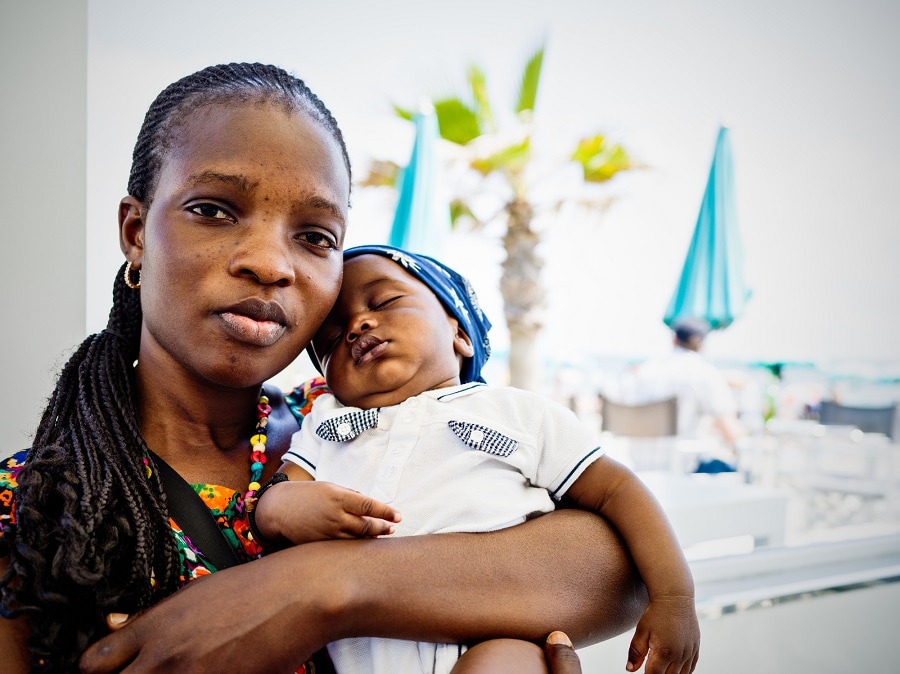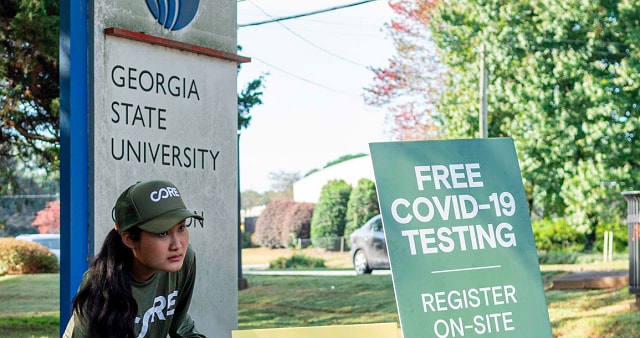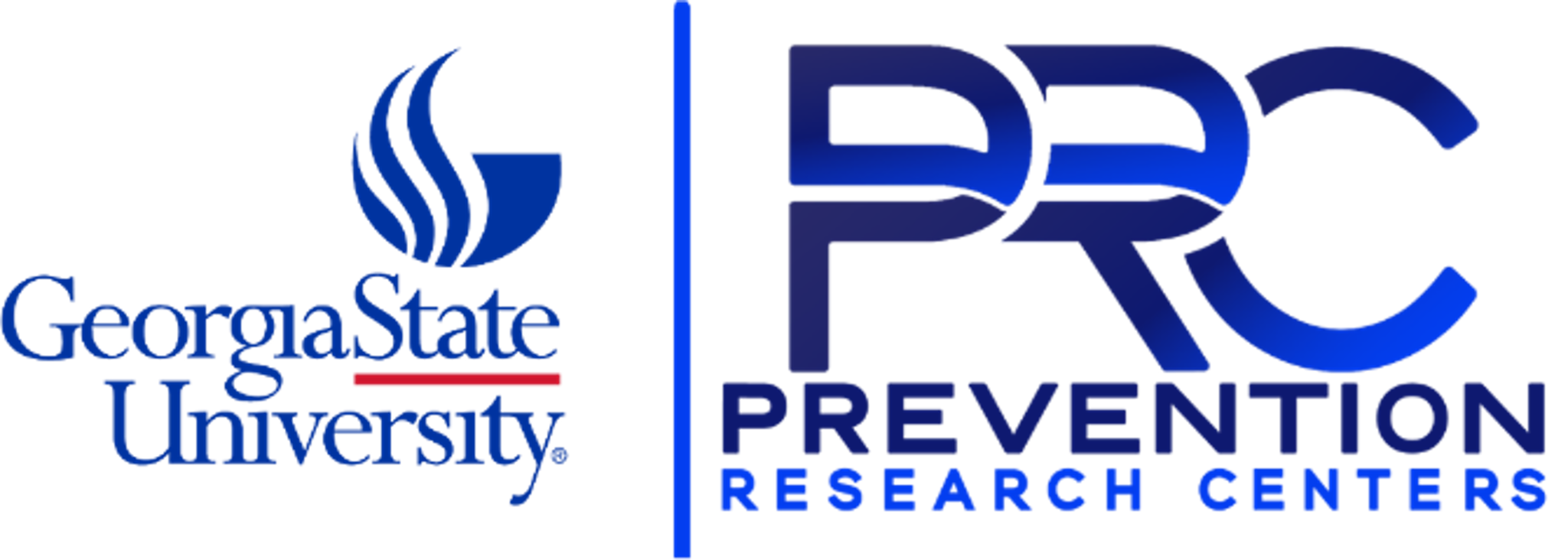Prevention Research Center at Georgia State University
Populations of Focus: children, migrant people, refugees
Topic Area: addressing the health and well-being of migrant children
Introduction, Mission, and Vision
The Prevention Research Center at Georgia State University (PRC GSU) is one of 26 Prevention Research Centers (PRCs) supported by the Centers for Disease Control and Prevention (CDC) for the 2019–2024 funding cycle. Each PRC is funded to establish and maintain their center and to conduct a core research project. PRCs may receive supplemental funding to conduct additional research projects and activities.
PRC GSU’s vision is to conduct applied research to understand how to address health disparities in diverse populations through culturally and linguistically competent interventions. PRC GSU collaborates with local ethnic organizations, residents, resettlement agencies, clinics, municipal and county government, and other service providers to prioritize needs, develop studies, and provide technical support and guidance.
Specifically, PRC GSU and its partners develop effective health programs and design research methods that can increase access to health-promoting education, tools, and quality health care services. They also work to ensure that information is easily understood by community residents, who speak more than 50 languages. Half are foreign-born and came to the United States with a wide range of health concerns.
PRC GSU aims to address these issues and promote migrant health through its long-standing partnerships with academic staff and affected community members. One of PRC GSU’s core strategies is to create useful, culturally appropriate, health-promoting resources and programs in many languages.
Core Research
Each PRC uses a community-engaged approach to conduct one primary applied public health prevention research project called a core research project. Project activities include design, development, implementation, evaluation, and dissemination. PRCs use at least 50% of their CDC funding to conduct the project in partnership with communities.
Clarkston SafeCare

PRC GSU’s SafeCare model provides training to strengthen parents’ skills in promoting the social and emotional health of their children.
PRC GSU’s core research project for the 2019–2024 funding cycle is conducted in partnership with the community and addresses the health and well-being of migrant children. It seeks to adapt and use the evidence-based parenting program SafeCare in migrant and refugee families with young children in Clarkston, Georgia. Parenting programs lead to more positive social, emotional, and behavioral development and can reduce children’s risk of developing chronic illnesses or diseases in the long term.
Applying proven parenting programs to address early toxic stress—including abuse, neglect, extreme poverty, violence, household dysfunction, and food scarcity—has been recommended broadly for refugee populations.1 It is specifically recommended for refugee families because such programs can be key to reducing health disparities.2
“We are proud to have the opportunity to work together with the refugee community in Clarkston, Georgia…one of the largest refugee resettlement communities in the country,” said Michael Eriksen, ScD, co-principal investigator of GSU PRC.
Additional Research
PRCs may receive supplemental funding to work on additional research projects each funding cycle. These Special Interest Projects (SIPs) focus on a variety of health topics or gaps in scientific evidence. PRCs can also conduct additional research as part of SIP Thematic Research Networks, which are groups of PRCs working together on related health topics.
PRC Vaccine Confidence Network (PRC VCN)

PRC GSU collaborates with community partners to distribute COVID-19 testing kits and provide COVID-19 education and resources to community members.
In April 2021, CDC funded a 12-month award to all 26 PRCs to form the PRC VCN in support of the agency’s Vaccinate with Confidence strategy for COVID-19. As part of this network, PRC GSU’s VCN is examining vaccine hesitancy to find ways to promote vaccine confidence, increase vaccine uptake, and reduce disparities in refugee, immigrant, and migrant communities and the African American community in Clarkston, Georgia. The goal is to reduce the incidence of COVID-19 in the United States.
PRC GSU’s strategy includes the use of Clarkston COVID-19 Community Ambassadors as trainers for local communities. It is also collaborating with community organizations to improve logistics and remove barriers for residents and to develop culturally appropriate communication strategies.
Contact Information

Location: Atlanta, Georgia
Principal Investigator: Michael Eriksen, ScD
Deputy Director: Mary Helen O’Connor, PhD
Email: prc@gsu.edu
References:
1 Franke H, Toxic stress: Effects, prevention and treatment. Children. 2014;1(3):390–402.
2 Whitaker DJ, Self-Brown S, Weeks EA, et al. Adaptation and implementation of a parenting curriculum in a refugee/immigrant community using a task-shifting approach: a study protocol. BMC Public Health. 2021;21(1):1084.